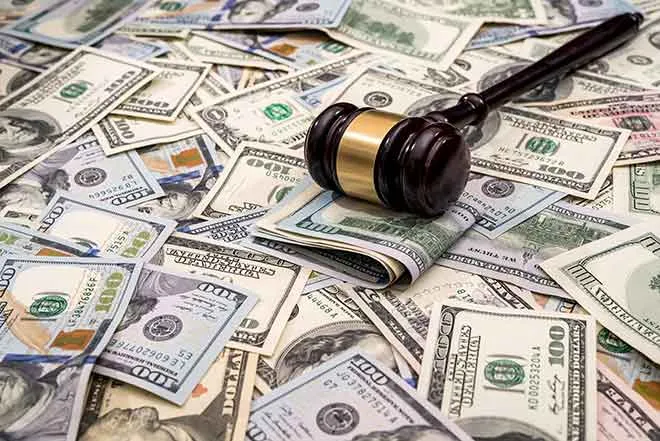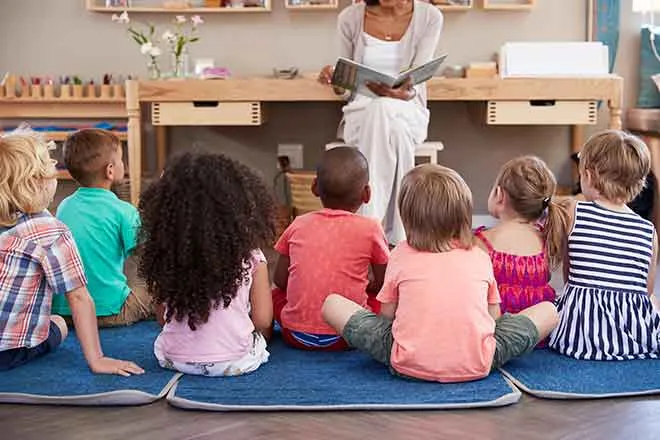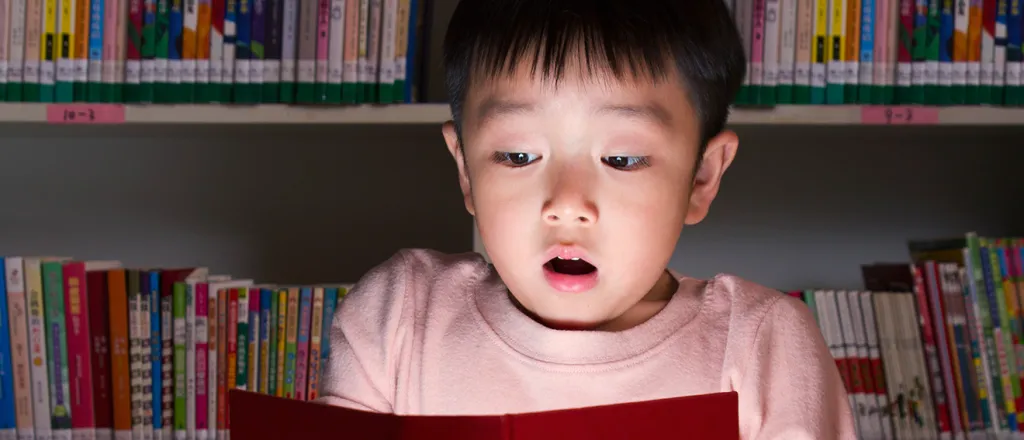
One Kansas school district banned a book in 2024, per national report
An eastern Kansas school district was the only one in the state that banned a book during the 2024-2025 school year, according to an annual report cataloguing bans and restrictions across the country.
The Gardner Edgerton School District, which has schools in Johnson and Miami counties, in December removed “Lily and Dunkin,” by Donna Gephart, from school libraries. The book, which details the friendship of two Florida eighth graders, one navigating her transgender identity and the other grappling with his mental health, was not required reading.
The book was one of more than 3,700 titles banned in 87 public school districts across 23 states during the last school year, according to PEN America, an organization that tracks book banning, disinformation and educational censorship.
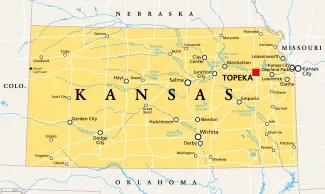
© PeterHermesFurian - iStock-1352430281
In total, the organization found 6,870 instances of book banning in the U.S. during the most recent school year, according to the report released Oct. 1. That number is down from the previous school year, when the organization clocked more than 10,000 book bans, according to data from the organization’s four years of reports.
“In 2022, we cautioned that book bans and related threats to free expression and the First Amendment should not be ignored; that this assault on students’ freedom to read is a slippery slope; and that state censorship of this nature, once unleashed, would snowball,” the 2025 report said. “Today, that escalation is no longer hypothetical. For many students, families, educators, librarians, and school districts, book banning is a new normal.”
PEN America defines a book ban as “any action taken against a book based on its content and as a result of parent or community challenges, administrative decisions, or in response to direct or threatened action by governmental officials, that leads to a book being either completely removed from availability to students, or where access to a book is restricted or diminished.”
The report relies on three types of bans. “Banned” refers to outright prohibition. “Banned pending investigation” requires further evaluation, and “banned by restriction” can include grade-level restrictions or books that require parental permission. “Lily and Dunkin” is outright banned in the Gardner Edgerton School District.
Ben Boothe, the assistant superintendent of educational services for the district, declined to comment when reached by email Tuesday.
However, the district school board members discussed “Lily and Dunkin” during a December meeting, when the majority of members voted to remove the book from school shelves.

© iStock - NiseriN
Tom Reddin, the school board president, said the book contained good pieces.
“But for me, I couldn’t get over the repetitive pushing of puberty blockers,” he said.
Katie Williams, one of two board members who voted to keep the book on shelves, said she appreciated how the book encouraged youths to seek medical attention for gender-affirming care and mental health care.
She said kids in their district are undergoing the same things as the book’s characters, and it could be a useful resource.
Greg Chapman said he was a “no” vote from the beginning, favoring the removal of the book from shelves.
“There’s no good qualities of the book, to me, and it shocked me that so many staff members were on board with this book and praising it so heavily,” he said.
He also said he thought “it was a terrible book for men and for fathers,” because of character developments leading to the father “caving,” in Chapman’s words.
One person filed a petition for the district’s book review committee to evaluate “Lily and Dunkin.” One person on the committee objected to keeping the book on school library shelves. Board member Heath Freeman said the committee’s support carried weight in his decision to vote against removing the book.
“One of the keys in my perspective as a school board member is that we should promote acceptance, and when we pull things from the shelf that either try to hide or try to — and I’m not accusing anyone of doing so, it’s just a perspective for those that might see this decision — either dismiss someone’s experience, hide their experience or not provide them access to things that they could find comfort in by shared experiences, then I think we’re doing a disservice to those kids who absolutely are in this world,” he said.
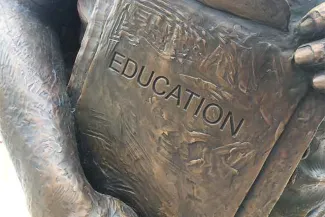
© flickrcc - Alan Levine
Last school year was not the first time the Gardner Edgerton School District garnered attention for book banning. In 2022, two parents led the charge to ban “The Absolutely True Diary of a Part-Time Indian” from being used in the district’s English class curricula. The semi-autobiographical 2007 book follows the life of a Native American teenager throughout one school year. Goddard Public Schools and Derby Public Schools banned the book a year earlier.
The Gardner Edgerton district also in 2022 approved a policy targeting trans students, forbidding them from using their preferred restroom or playing on a sports team that doesn’t align with their sex assigned at birth, which can differ from gender identity.
The new PEN America report indicated that actions from the federal government have influenced book banning in the U.S. — from President Donald Trump’s executive orders that reference “radical indoctrination in K-12 schools,” “gender ideology extremism,” and “radical and wasteful DEI programs and preferencing,” to the U.S. Department of Education declaring book bans a hoax.
Plus, the report said, “persistent attacks conflate LGBTQ+ identities as ‘sexually explicit’ and erase LGBTQ+ representation from schools” since book banning ballooned in 2021. The report forecasts greater censorship of LGBTQ+ content nationwide.
“Rather than offering histories, stories, and books that reflect all students and families, LGBTQ+ stories will be omitted from classrooms,” the report said. “LGBTQ+ students and their families will effectively be denied the freedom to read about themselves and those around them.”



